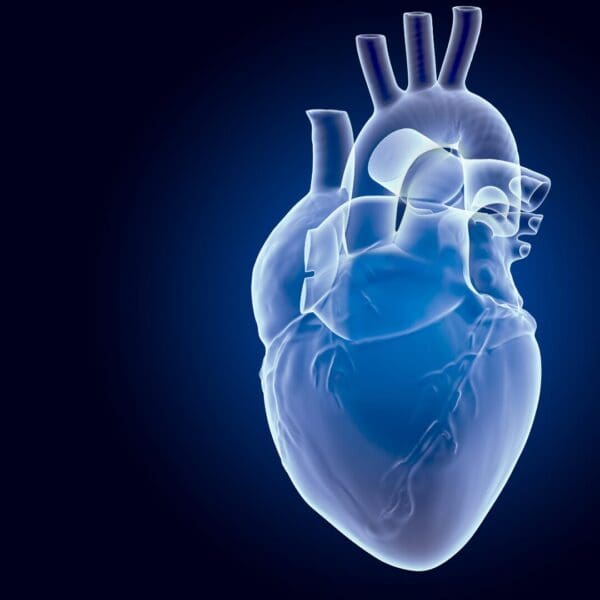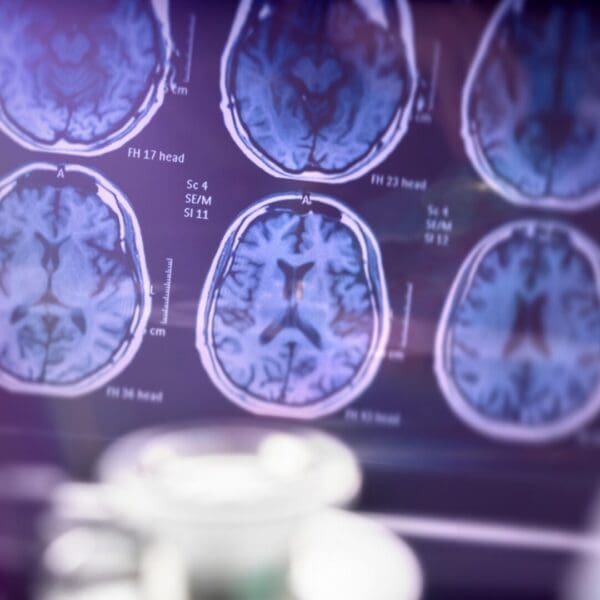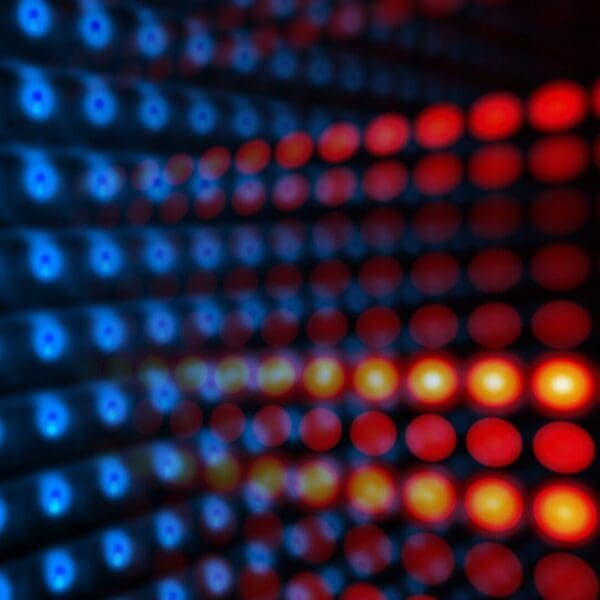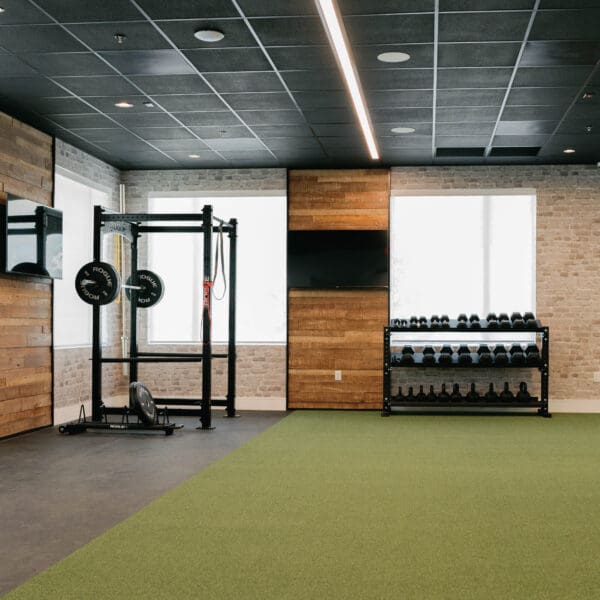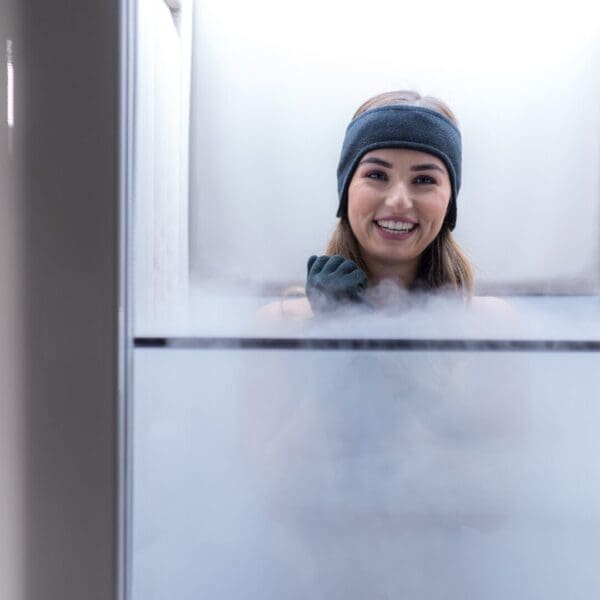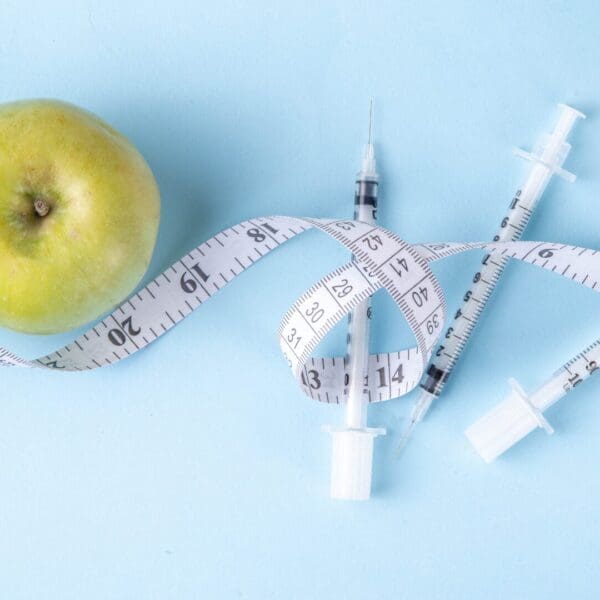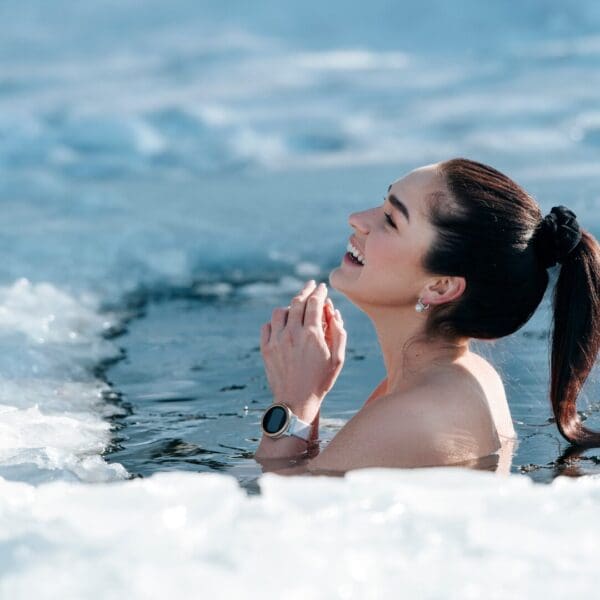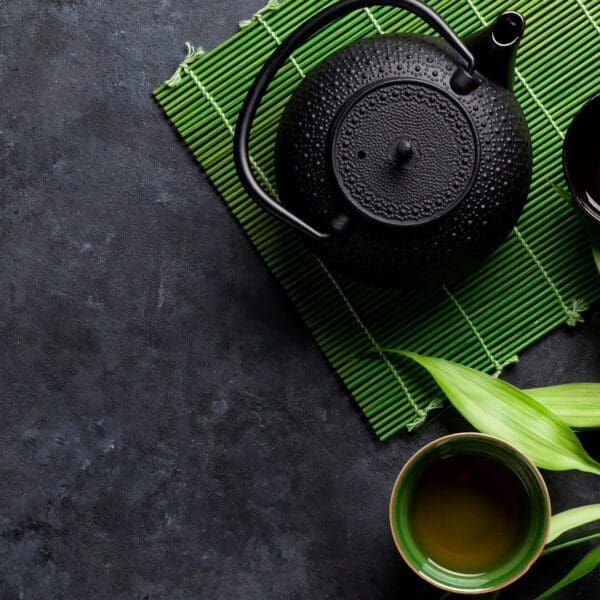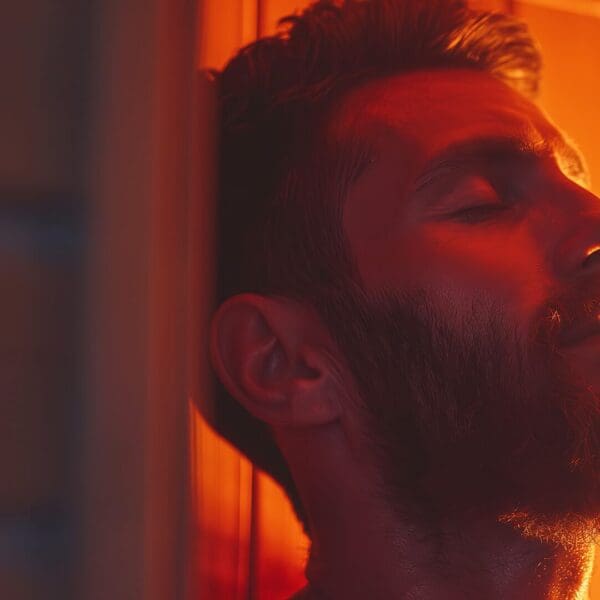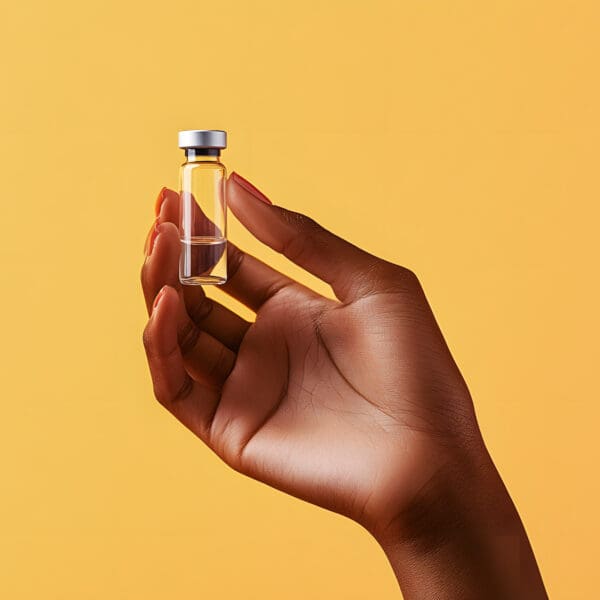There’s a lot of pseudo wisdom about water out there. From the eight glasses a day trope you’ve heard a million times to whether your water should be ionized or have added electrolytes or be sparkling, distilled, purified or who knows what else?
Walk down the aisle of your local grocery store and you’re apt to find dozens of brands in a variety of packages all selling essentially the same thing: water.
Slide one aisle over to the sports beverage section and you’ve now entered an entirely new dimension of drinks. These drinks are nuclear missiles aimed at stopping your dehydration in its tracks. With popular names like Body Armour, POWERADE and Gatorade leading the pack, these beverages are infused with everything from electrolytes and vitamins to minerals, caffeine and green tea.
But one question remains:
How much, if any, of these drinks do you need to consume to stay hydrated?
We bust three common hydration myths right here:
MYTH ONE: Drink Eight Glasses of Water Every Day
This is one of the most common hydration myths you’ve heard and it goes like this: you need to drink eight, eight ounce glasses of water every day to stay hydrated.
For those not great with math, that comes out to 64 ounces of water, or roughly a half-gallon of water per day.
The reason this particular hydration advice is a myth is because it doesn’t take into account the individual (you).
Depending on your size, where you live and your activity levels, 64 ounces of water could be overkill, perfect, or not enough. If you’re an athlete in your twenties training outside in the summer in Miami, 64 ounces is woefully low. If you’re a smaller, older woman and it’s winter in Chicago, 64 ounces may have you running to the bathroom every twenty minutes.
The correct answer for how much water to drink is that it depends on the person and their individual hydration needs. The key, after all, is to avoid dehydration, so drink enough water so that you don’t have any of the symptoms of dehydration, including:
Dry mouth, feeling thirsty, feeling tired, feeling dizzy or lightheaded, or having dark urine.
A baseline for most people is to avoid sugary drinks and drink a large glass of water when you wake up, mid-morning and in the afternoon. This should help you cover your bases. If you’re active and working out, drink more. If you’re going to be outside in the heat and humidity, drink more as well. Common sense should rule the day.
MYTH TWO: You Can’t Drink Too Much Water
Um, yes you can. In fact, there’s a condition called hyponatremia that occurs when you drink too much water and it dilutes the sodium in your body. Fortunately, you’d likely become bloated and uncomfortable by drinking too much water before you get to this point, but for those who say, “you can never have too much water”, the answer is, ‘yep, you can’.
MYTH THREE: Caffeine Causes Dehydration
You’ve heard this one too many times to count. But just because it sounds like it should be true (after all, drinking too much caffeine does have plenty of downsides) this one is false. No less an authority than the Mayo Clinic states on their site, “drinking caffeine-containing beverages as part of a normal lifestyle doesn’t cause fluid loss in excess of the volume ingested.”
Translation, caffeine does not cause dehydration. However, caffeine may have similar side effects as dehydration, such as headaches, so if you’re going to be in the hot sun, opt for caffeine-free drinks like ice water.
